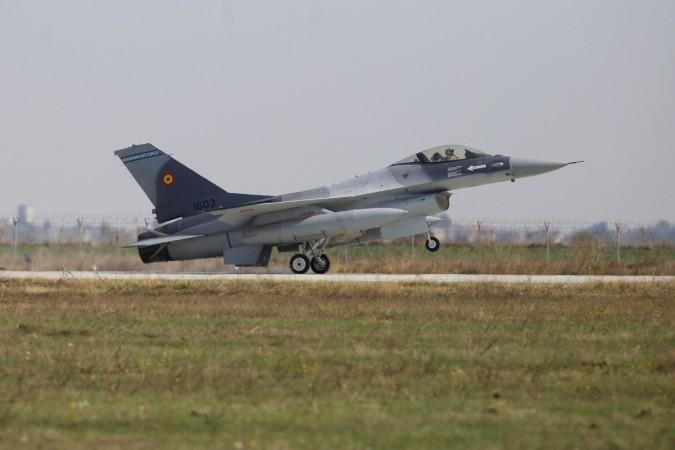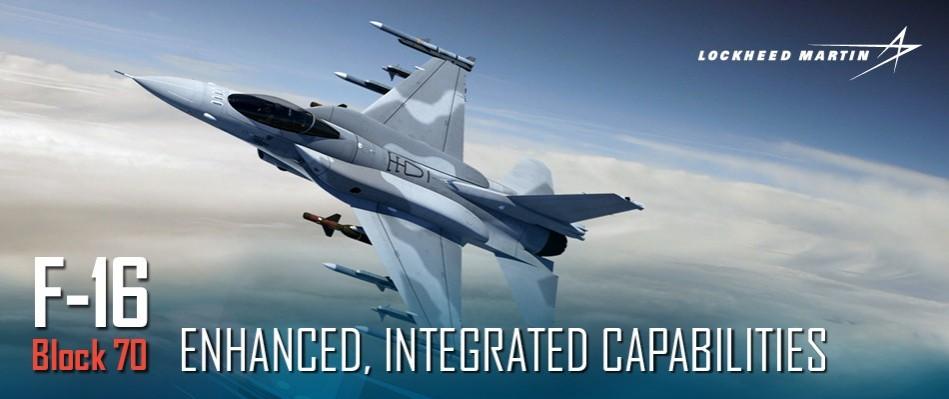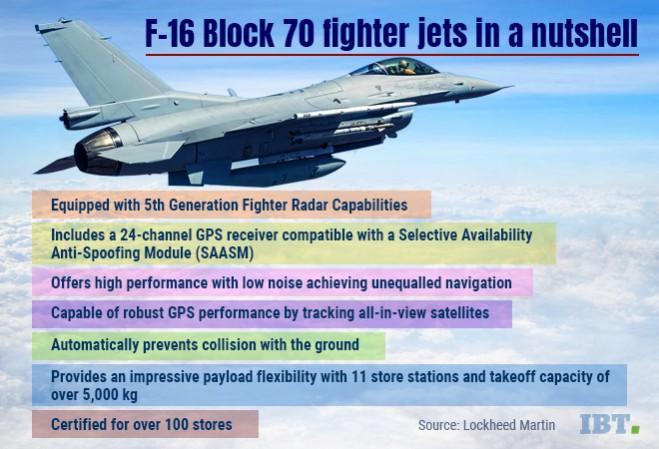
The agreement between Tata Advanced Systems (TASL) and US defence giant Lockheed Martin to manufacture F-16 Block 70 fighter jets in India is an ambitious deal for many reasons. But what has probably prompted both the parties to remain motivated is the Indian Air Force's (IAF) upcoming order for about 250 combat aircrafts, which could cost around $20 billion (nearly Rs. 1.3 lakh crore.)
Under the deal announced on Monday, Lockheed Martin has agreed to send its Texas-based F-16 production to India with TASL as its local partner. The agreement is indeed an intent to meet the prerequisites of the Narendra Modi-led Indian government's 'Make in India' initiative, which requires a foreign partner to invest in Indian manufacturing.
While the agreement with TASL to build a domestic production base for F-16 jets in India may have increased Lockheed's odds of winning the multibillion-dollar deal from the Indian government, it does run the risk of conflicting with US President Donald Trump's America First campaign.
Although a joint press release from both TASL and Lockheed Martin said that "F-16 production in India supports thousands of Lockheed Martin and F-16 supplier jobs in the U.S.," it comes as the Trump administration has been pressing for companies to expand and create jobs in the U.S.
However, Lockheed Martin has reportedly met and briefed the current US administration on its plan, and is hopeful of full support from the Trump administration.

Meanwhile, the project has challenges in India as well. First of all, the Indian Ministry of Defence (MoD) is yet to pick the Tata group as a "strategic partner" for aircraft production. Secondly, the F-16 Block 70 should be selected as the air force's single-engine fighter aircraft by the IAF and the MoD.
Officials had earlier reportedly confirmed that the IAF would choose either the F-16 Block 70 or the Gripen E fighter, which is offered to India by the Swedish company called Saab, as its single-engine fighter. In January, the then Indian Defence Minister Manohar Parrikar said that the final selection will depend on "who gives the best offer, transfer of technology and many other things and price."
TASL and Lockheed Martin are now trying to persuade the Indian government by offering a lucrative proposal. According to them, the partnership will not only provide India an opportunity to produce, operate and export F-16 Block 70 aircraft, but also create new manufacturing jobs in India and position the country "at the centre of the most extensive fighter aircraft supply ecosystem in the world."
In addition to the opportunity of exporting the F-16s to other countries interested in the fourth-generation fighter, a successful deal will also give India access to an aircraft, which is claimed to be the "most advanced version of the world's most successful, combat-proven multi-role fighter."

"The F-16 is ready for any challenge, combining innovative structural and capability upgrades, such as the Active Electronically Scanned Array radar with a new avionics architecture. The Block 70 software further enhances capabilities through an advanced datalink, precision GPS navigation and Automatic Ground Collision Avoidance System," Lockheed Martin said on its website.
For India, which is in a dire need of new jets as its mostly Russian-built fighters are set to retire soon, having F-16s in its arsenal is of utmost importance.
In 2012, India chose French company Dassault to build 126 "medium multi-role combat aircrafts." However, the negotiations failed, later on, leading to another deal worth nearly $9 billion for 36 Rafale fighter jets in 2016.
It's this shortfall of 90 fighters, on top of the imminent retirement of nearly 200 MiG-21 and MiG-27 fighters, which have made the IAF hanker after the early production of single-engine fighters. India, meanwhile, has not yet opened formal bidding for the jet order.















